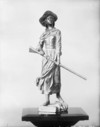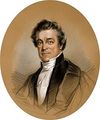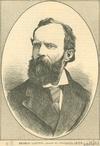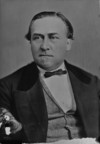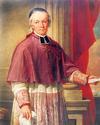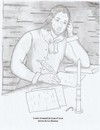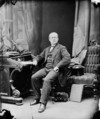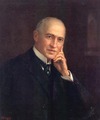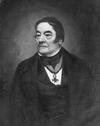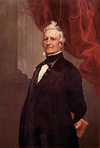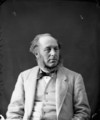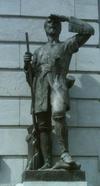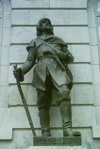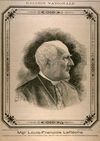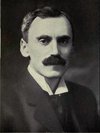father. To obtain possession of his uncle’s property he thought it wise to protect himself with two notarial deeds: an affirmation of his rights of inheritance, and a power of attorney given to Joseph Myer
minister of Marine, Maurepas, however, and with the intervention of the colonial authorities the lawsuit was settled out of court by notarial deed on 21 Oct. 1733. According to the arrangement Abbé
of independence had suffered. During the Maitland administration he had acquired a plurality of offices: notary for the Johnstown District (1818), trustee of the district board of education, judge of
.
Médéric Lanctot was born when the turmoil of revolution was at its height. His father, a notary in the village of Saint-Rémi (Napierville County), had been stagnating in the prison at Pied-du-Courant since
15 Aug. 1820 to the daughter of Pierre Laforce, a notary, confirmed his rising social status. Their children would be members of what one historian has called “the cultured and civilized middle
-Pierre Cherrier*, a merchant and notary at Longueuil and then at Saint-Denis on the Richelieu. By 1784 Lartigue was enrolled in the
the notary Claude Maugue* in Montreal an autograph donation in which he appointed his widowed mother executrix of his estate and
-Conservative party, he took a new tack in his career, becoming a financier and a politician. On 29 Nov. 1866 he signed a deed, witnessed by notary Philippe Huot, transferring his equipment and the
and apparent prospects for the future, in 1885 he removed with his family to Prince Albert (Sask.), dissolving the partnership of Sifton and Sifton. He was made a notary public that year and was
commission to practise as a notary anywhere in the province. Two of his ten children founded families in Canada and became co-seigneurs of Mingan. Étienne-Paschal was to belong to the elder branch, which was
Lennox estate. In succeeding years he seems to have maintained himself at the level he attained then. In addition to his salary as an office holder, he received income from a few properties. Notarial
Papineau family had begun to emerge from obscurity with Louis-Joseph’s father, Joseph Papineau, a surveyor and notary, who on occasion constructed mills and managed seigneuries. He was a politician who
, dissatisfied with that profession, he became a pupil of William Sutherland, a leading barrister in the city. Archibald was commissioned as a notary public in 1836 and as an attorney in 1838. He was called to the
., APQ Rapport, 1949–51, 33–67. Notarial archives are indispensable for an understanding of the organization and financing of the La Vérendrye expeditions. See in particular, ANQ-M
, Théophile Hamel was able to live comfortably; he bought a house, and a notarial register indicates a large number of financial transactions. For example, in 1858 he lent his brothers, who were trading
of their preparations and settled certain matters with the notary Rageot. They probably left Quebec the next day, two days after the appointed date
. In his spare time he collected material on various subjects, for he was obliged, he said, “to act as lawyer, notary, carpenter, & &.” He deepened his theological knowledge by reading Abbé René
Robinson, also a veteran of 1812, secured for him the position of notary. In August 1827 he successfully defended several prominent Hamilton Tories charged with tarring and feathering George Rolph
(probably Robert Navarre*, a Detroit notary), he appeared “proud, vindictive, warlike, and very easily offended.” In 1765 Major Robert
Dafoe and notary Joseph Sirois. Rowell hesitated because he realized that he would have less time to



